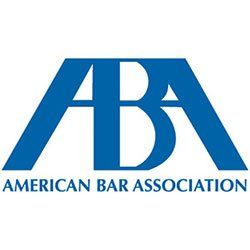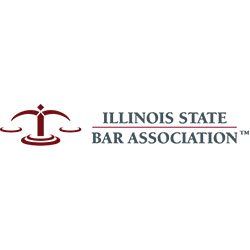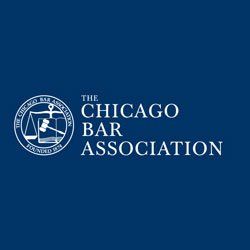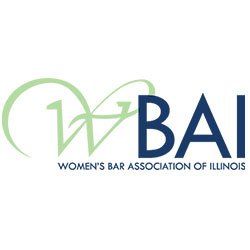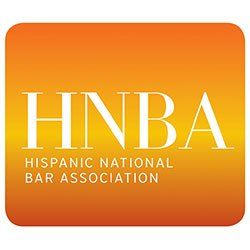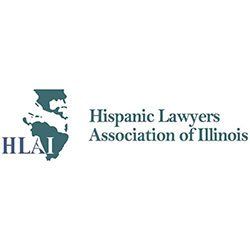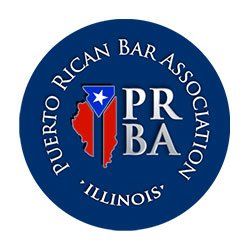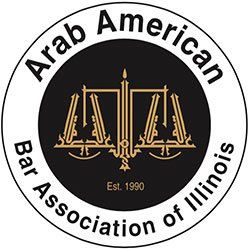CLIENT LOGIN
×Traffic on The Road Home: Delayed Due to Construction
Some five years after Hurricane Katrina dissipated, its after effects continue to ring out in Louisiana. But the bell tolls louder for some, than others.
The Road Home (TRH) program was designed by former Louisiana Governor Kathleen Blanco, whose mission is “to provide compensation to Louisiana homeowners affected by Hurricanes Katrina or Rita for the damage to their homes.” Claiming themselves to be “the largest single housing recovery program in U.S. history”, The program’s objective is “to provide compensation to Louisiana homeowners affected by Hurricanes Katrina or Rita for the damage to their homes.”
TRH came about as a block grant program to assist in the recovery of the region ravaged by hurricane Katrina. These grants were placed in the State of Louisiana for designation. Approximately $11 billion was allocated for TRH, which was developed by the Louisiana Recovery Authority (LRA). The Department of Housing and Urban Development, or, HUD, also helped develop TRH. HUD is also the governmental entity that disburses funds to the LRA for use in The Road Home program.
Each beneficiary under TRH has a number of options to ease their transition back into New Orleans, one of which is the “Option 1” program, in which each beneficiary receives an award in the amount of either the value of their home before Katrina hit, or the cost of repairing their home, whichever is less. The amount granted would not total more than $150,000. Additional Compensation Grants (ACGs) were made available as supplemental awards for families whose incomes are at or below 80% of the median in their areas, but are still subject to the $150,000 cap.
Despite the laudable goals of the program, however, its administration, allegations of fraud, and race discrimination have left serious doubts about its effectiveness and impartiality.
Of particular concern is the way homes are valued. Families who had homes in economically depressed areas would receive significantly less money from TRH program compared to other families who had homes in more economically prosperous locales.
David Hammer of The Times-Picayune has been following the development of the TRH program. Read the stories here.
In the original case filed in the US District Court of Columbia, Greater New Orleans Fair Housing Action Center v. United States Department of Housing and Urban Development, 2010 U.S. Dist. Lexis 66583 (D.D.C. July 6, 2010), the plaintiffs, individual homeowners and the Greater New Orleans Fair Housing Action Center , alleged that the LRA’s use of pre-storm home values “has a discriminatory disparate impact on African Americans living in historically segregated communities.”
Specifically, the plaintiffs argued that African American homeowners were more likely than white homeowners to own homes with lower values. This makes them more likely to receive less than white homeowners under TRH, between the amount of the grant, and the cost of rebuilding.
As such, the plaintiffs sought an injunction requiring recalculation of TRH awards to homeowners in New Orleans using an alternate formula that does not have a disparate impact on African Americans.
Although the District Judge agreed that the calculation of awards under TRH did have a disparate impact, the court denied the injunction, holding that the court would be unable to “provide the ultimate relief plaintiffs seek”, citing the Eleventh Amendment’s prohibition on lawsuits against state governments without consent from the state, among other reasons.
However, the US Court of Appeals in D.C. reversed the decision, granting the plaintiffs the injunction they sought. The state of Louisiana has been barred from redistributing unused TRH funds for other purposes.
In an interview with David Hammer and The Times-Picayune, James Perry, president of the Greater New Orleans Fair Housing Action Center, said “The appellate court ruling means there is a strong possibility that Judge Kennedy will be able to direct the state to award additional money to people who have already received Road Home grants based on pre-storm value … We’re hopeful it will make clear that additional compensation should be based on cost of repairs, rather than on pre-storm value.”
The LRA, of course, denies any intention of discrimination.
Argument is set over the next few months, before the appellate court, per the State of Louisiana’s appeal over the initial decision.
The injunction has been loosened somewhat to allow for operation of the TRH program, due to a clarification from Judge Kennedy. “The state said 382 buyout grants — so-called Option 2 and Option 3 grants, like Bailey’s — can move forward. So too can 784 supplemental payments for homeowners who have already received initial grants under Option 1”, according to Hammer.
However, there are still 85 initial Option 1 grants based on pre-storm value that must remain frozen while appeals of Kennedy’s official ruling are pending.
Much like the FEMA debacle, it seems that the road to recovery for New Orleans is fraught with obstacles and potholes to overcome. While the courts have been relegated to repair the damaged process of home valuation, it seems that some on The Road Home, have to deal with more delays.
The post Traffic on The Road Home: Delayed Due to Construction appeared first on Weiss Ortiz P.C..
MAIN OFFICE
SECOND OFFICE
THIRD OFFICE
By Appointment Only
500 Lake Cook Road, Suite 350
Deerfield, IL 60015
FOURTH OFFICE
By Appointment Only
18W140 Butterfield Road, 15th Floor Oakbrook Terrace, IL 60181
FIFTH OFFICE
By Appointment Only
3390 Mary Street
© 2021 Weiss Ortiz P.C.. All Rights Reserved. Terms & Conditions

